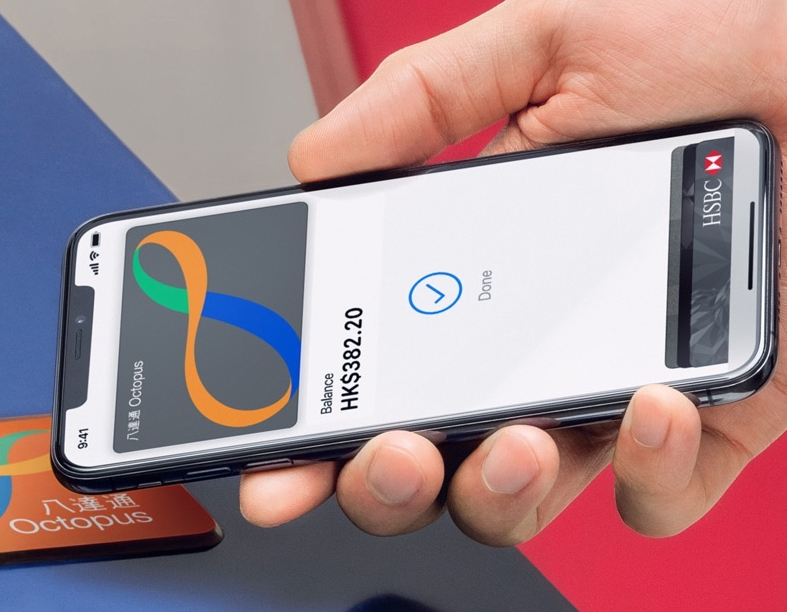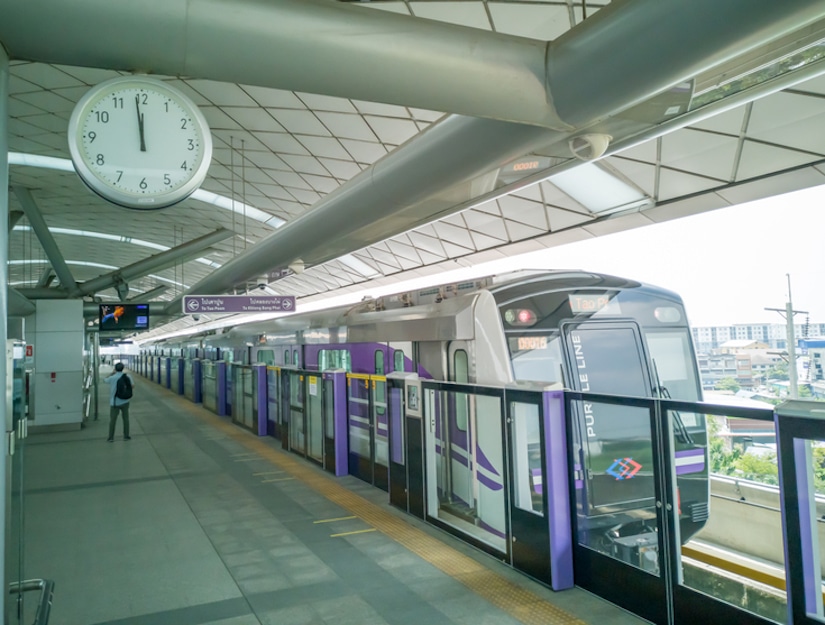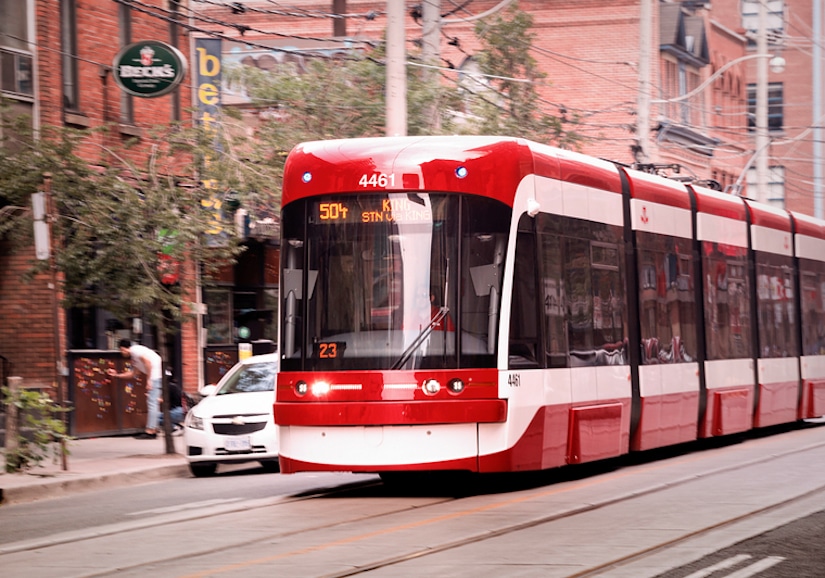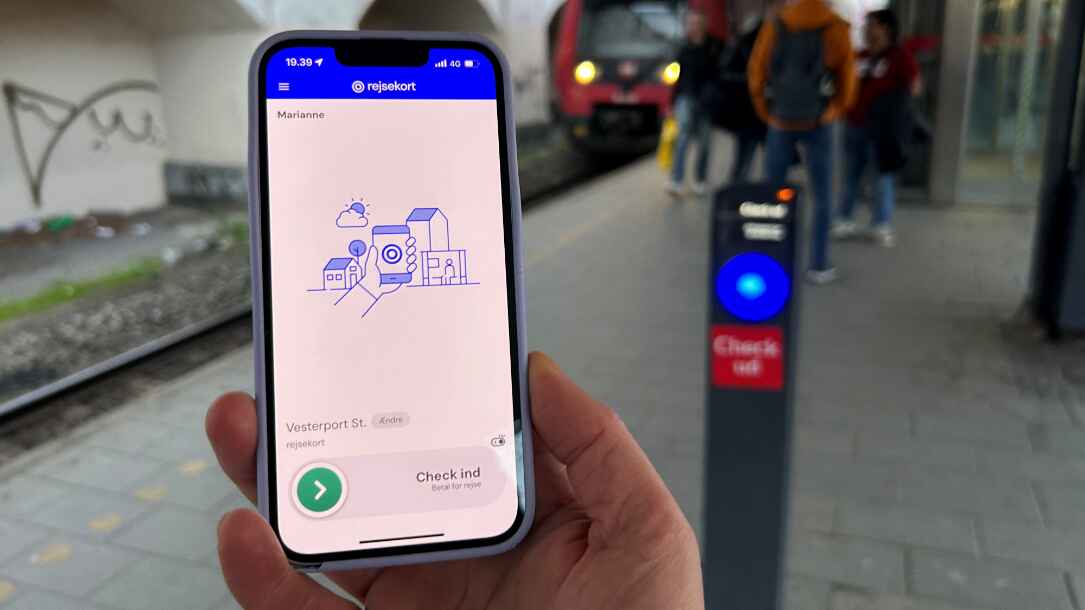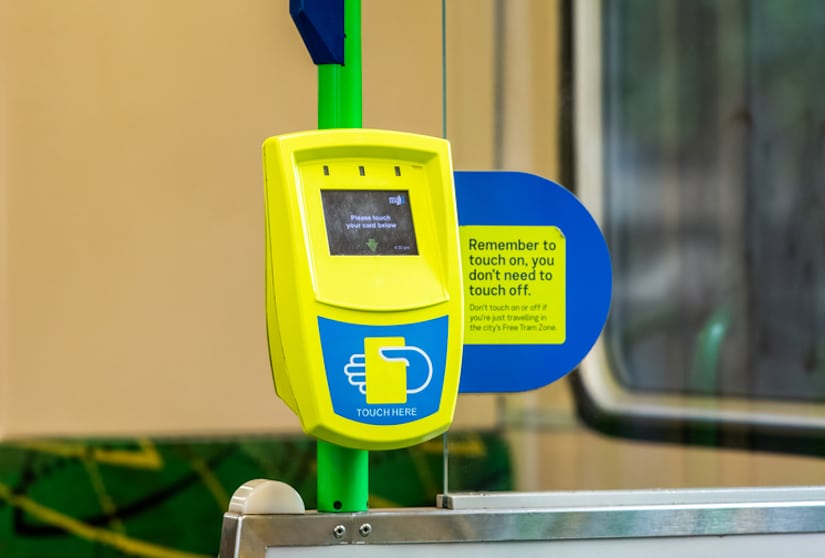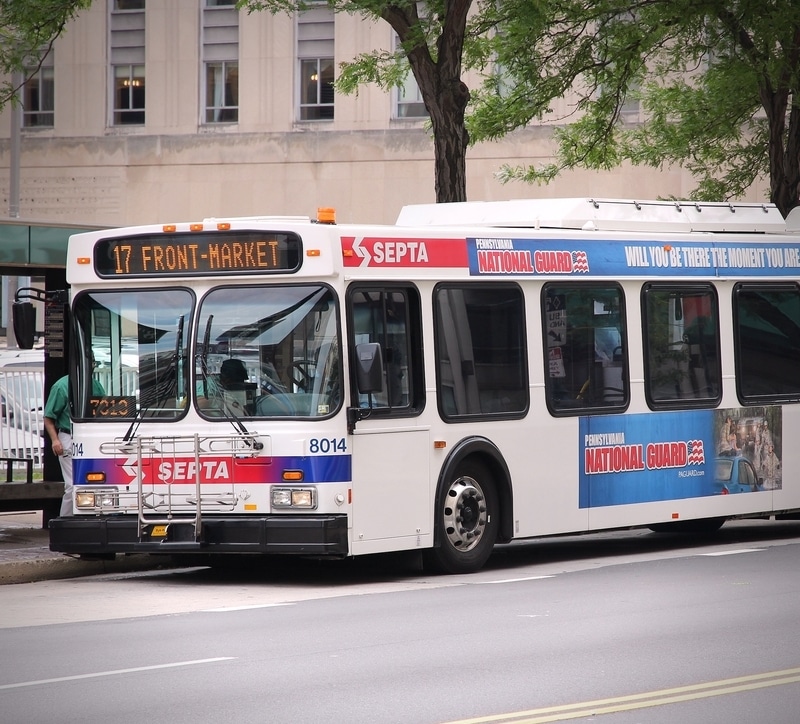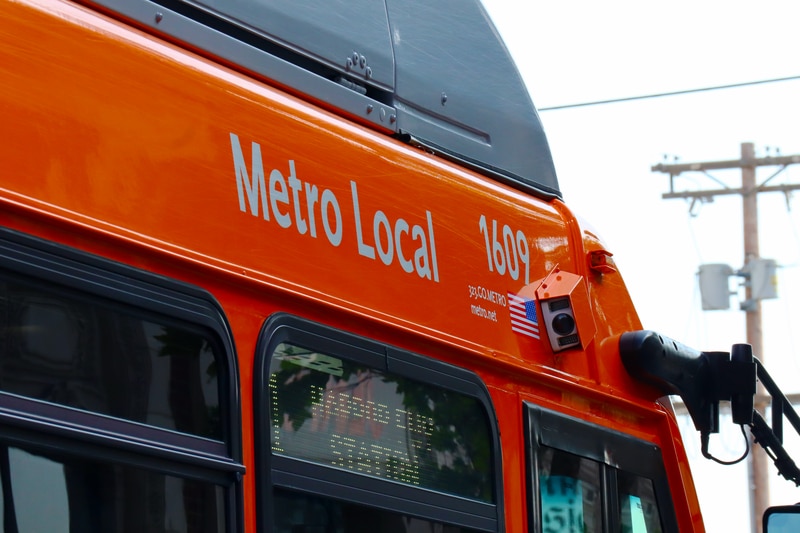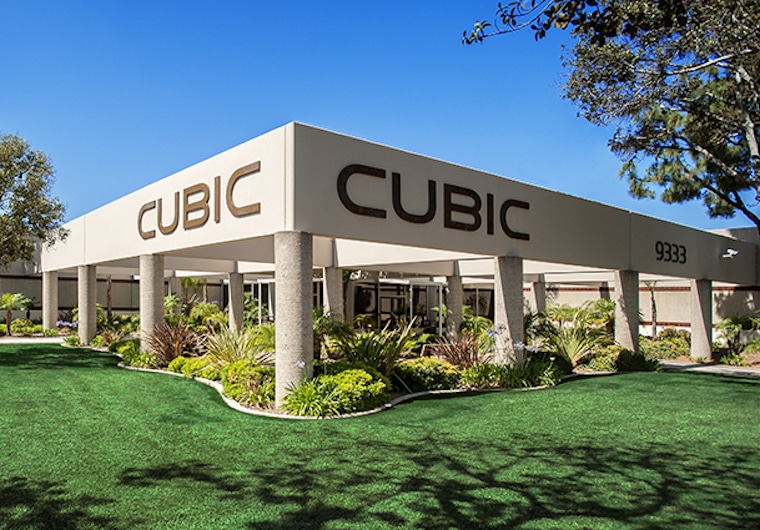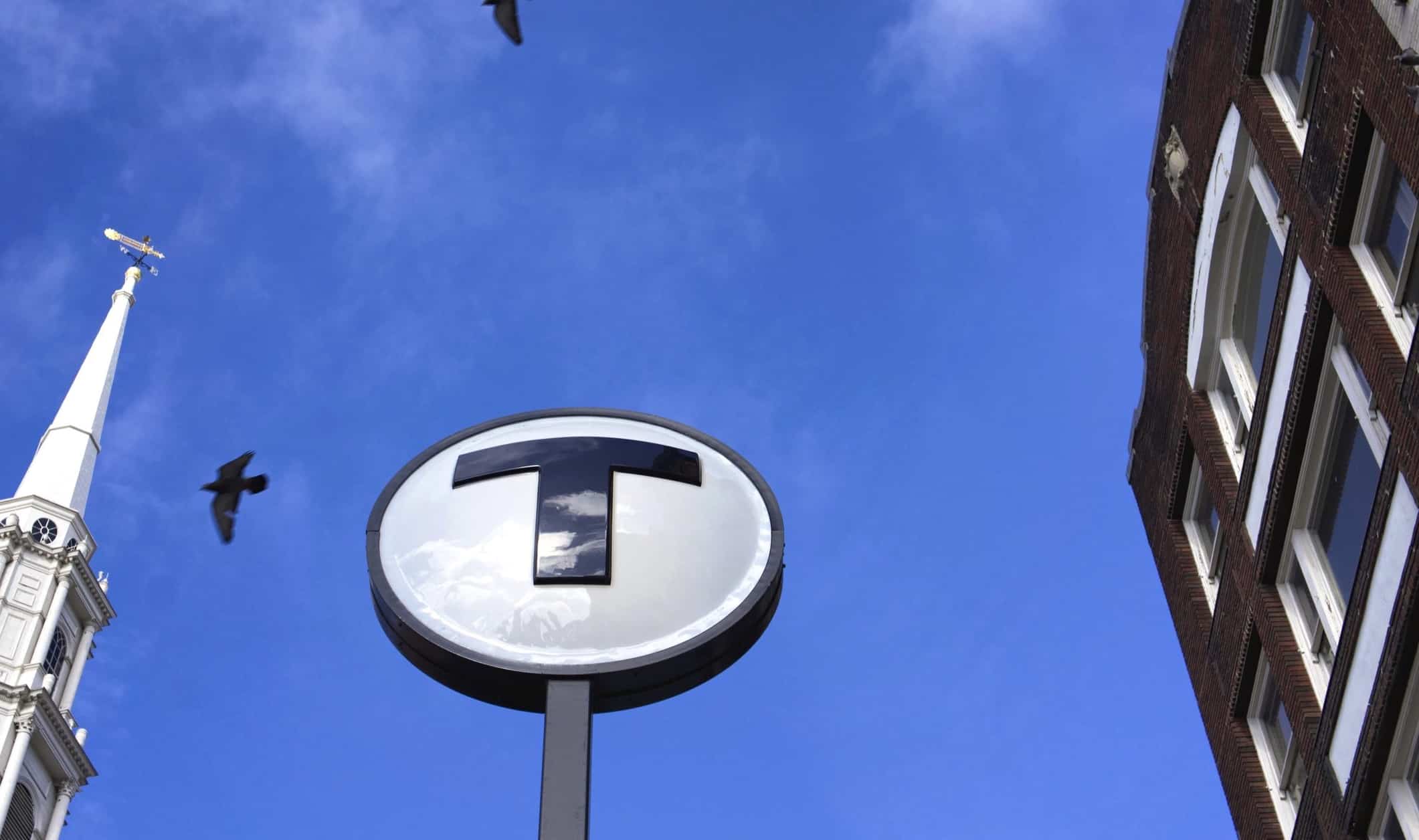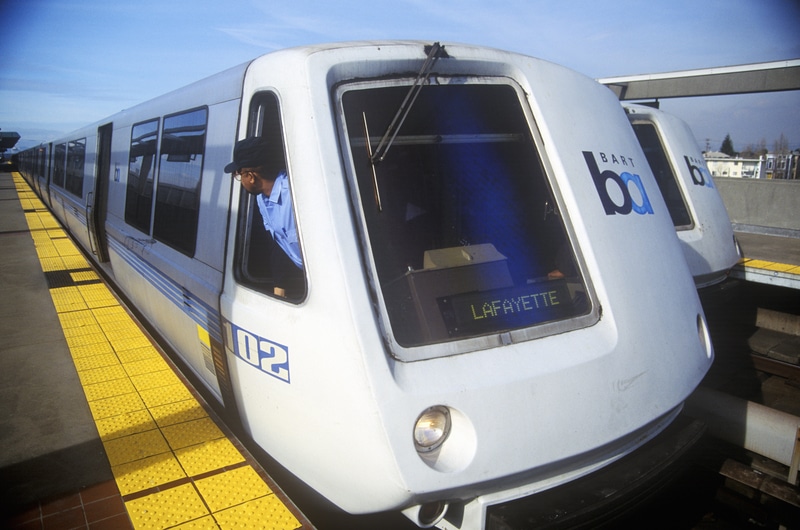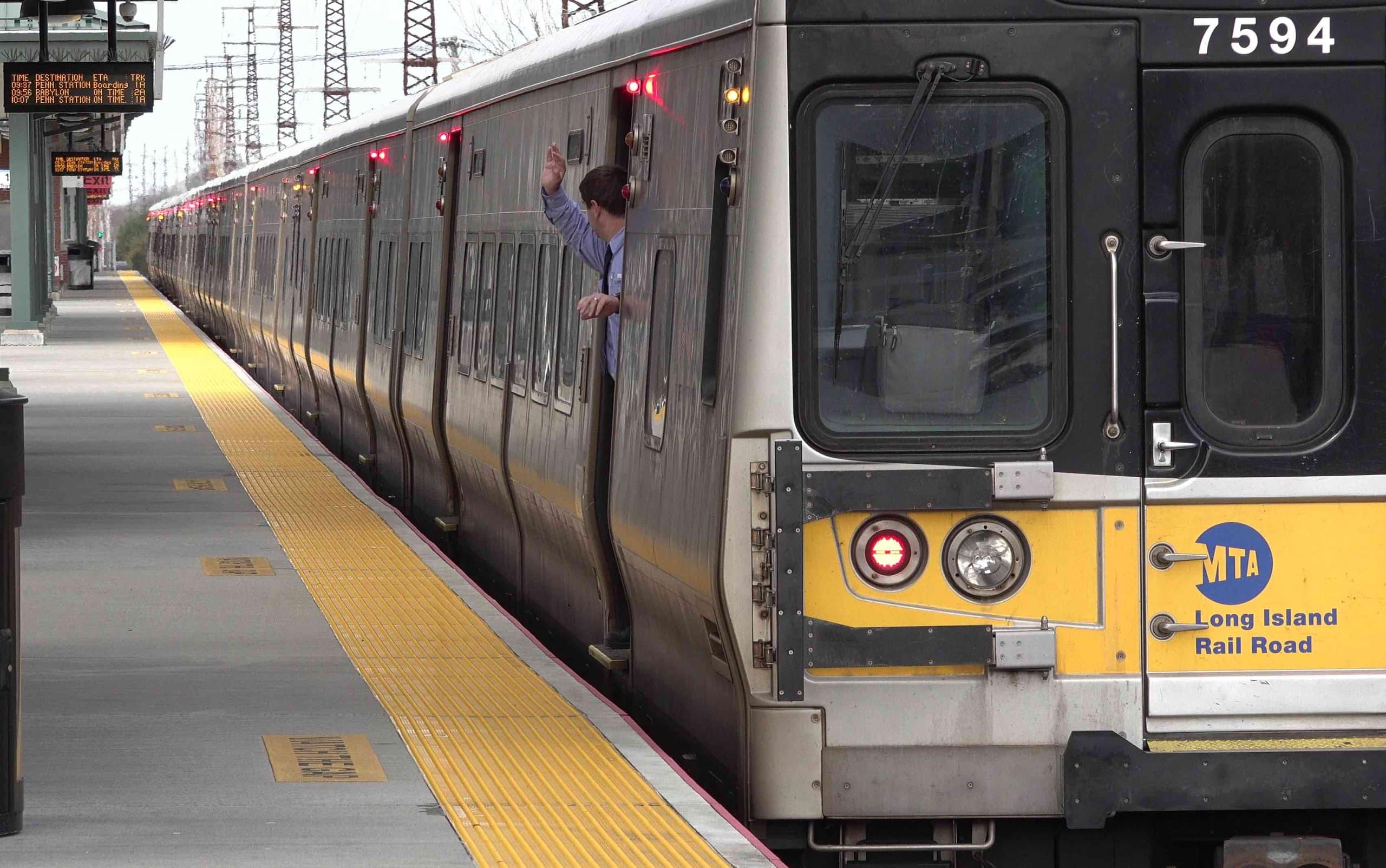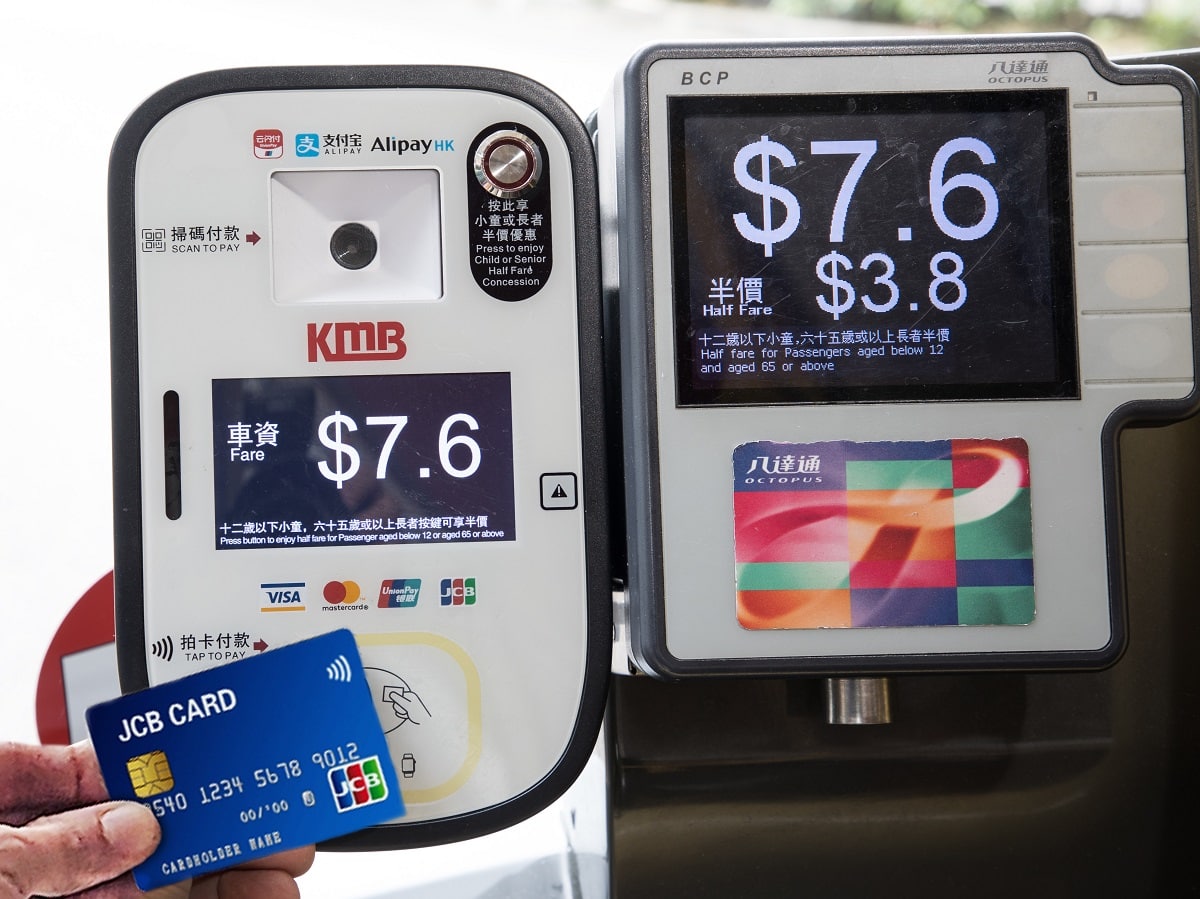
Article Highlights
Major bus operators–and shareholders in Octopus Holdings–have launched open-loop contactless payments in Hong Kong, a move that offers competition to the dominant payment method for low-value purchases in Hong Kong–Octopus.
Three operators now accept contactless EMV cards and NFC wallets, in addition to QR code mobile ticketing on nearly 3,000 buses combined. Plans call for another 3,000 buses to be equipped by the end of the year.
• MTR Corp.
• Bravo Transport
• Kowloon Motor Bus
• Octopus
Two more bus operators in Hong Kong on Saturday launched acceptance of open-loop contactless fare payments, with both also accepting QR code-based mobile ticketing–as the near ubiquitous closed-loop Octopus card continues to see more competition.







